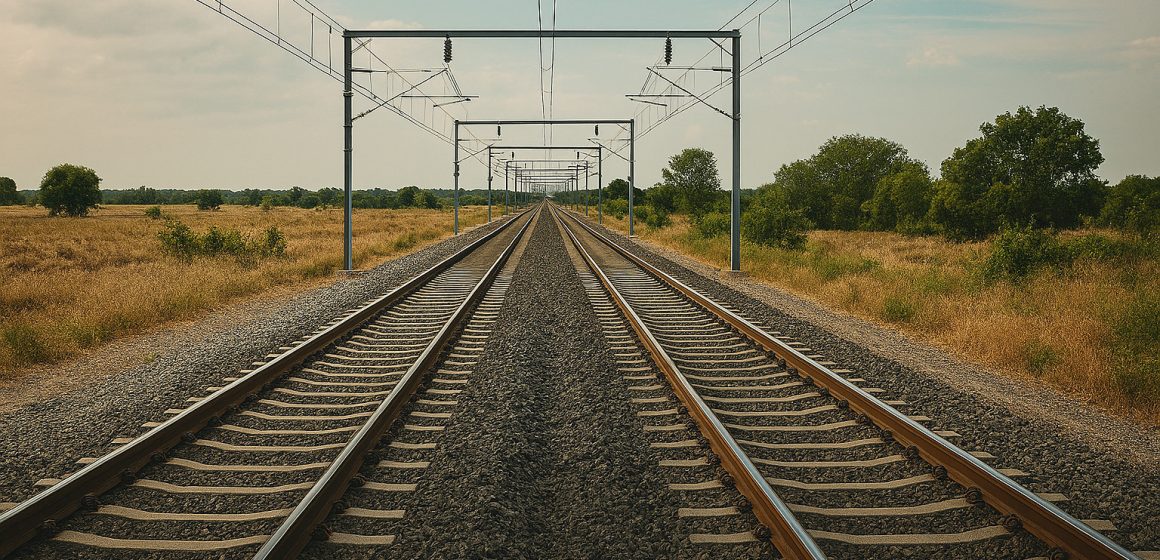The multitracking initiative will directly benefit around 3,633 villages, home to over 8.58 million people.
In a major infrastructure boost, the Cabinet Committee on Economic Affairs (CCEA), chaired by Prime Minister Narendra Modi, has approved four multitracking projects worth ₹246.34 billion to be executed by the Ministry of Railways. The projects span 894 km across 18 districts in Maharashtra, Madhya Pradesh, Gujarat, and Chhattisgarh, and are slated for completion by 2030-31.
The sanctioned corridors include the Wardha-Bhusawal third and fourth lines (314 km), Gondia-Dongargarh fourth line (84 km), Vadodara-Ratlam third and fourth lines (259 km), and the Itarsi-Bhopal-Bina fourth line (237 km). These capacity augmentation works are designed to decongest key freight and passenger routes, improve operational efficiency, and enhance service reliability across the Indian Railways network.
The multitracking initiative will directly benefit approximately 3,633 villages with a combined population of over 8.58 million, including the Aspirational Districts of Vidisha and Rajnandgaon. By improving rail access and mobility, the projects are expected to generate employment and self-employment opportunities.
Planned under the PM Gati Shakti National Master Plan, the projects aim to strengthen multimodal connectivity and logistics efficiency through integrated planning and stakeholder coordination. The upgraded corridors will also provide seamless rail access to prominent destinations such as Sanchi, Satpura Tiger Reserve, Bhimbetka rock shelters, Hazara Falls, and Nawegaon National Park, enhancing tourism potential across the region.
These routes are vital for transporting key commodities including coal, cement, containers, fly ash, food grains, and steel. The capacity expansion is projected to handle an additional 78 million tonnes per annum (MTPA) of freight, significantly reducing logistics costs and improving turnaround times.
Besides, as an energy-efficient and environmentally friendly mode of transport, the enhanced rail infrastructure will help India meet its climate goals by cutting oil imports by 280 million litres and lowering carbon dioxide emissions by 1.39 million tonnes, equivalent to planting 60 million trees.


